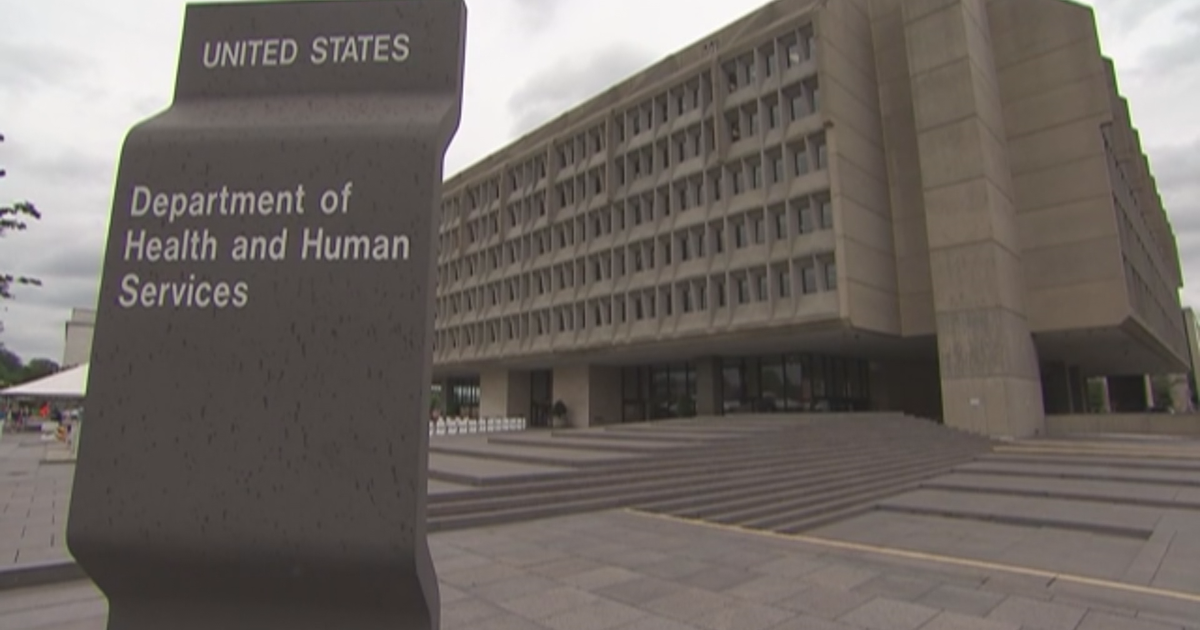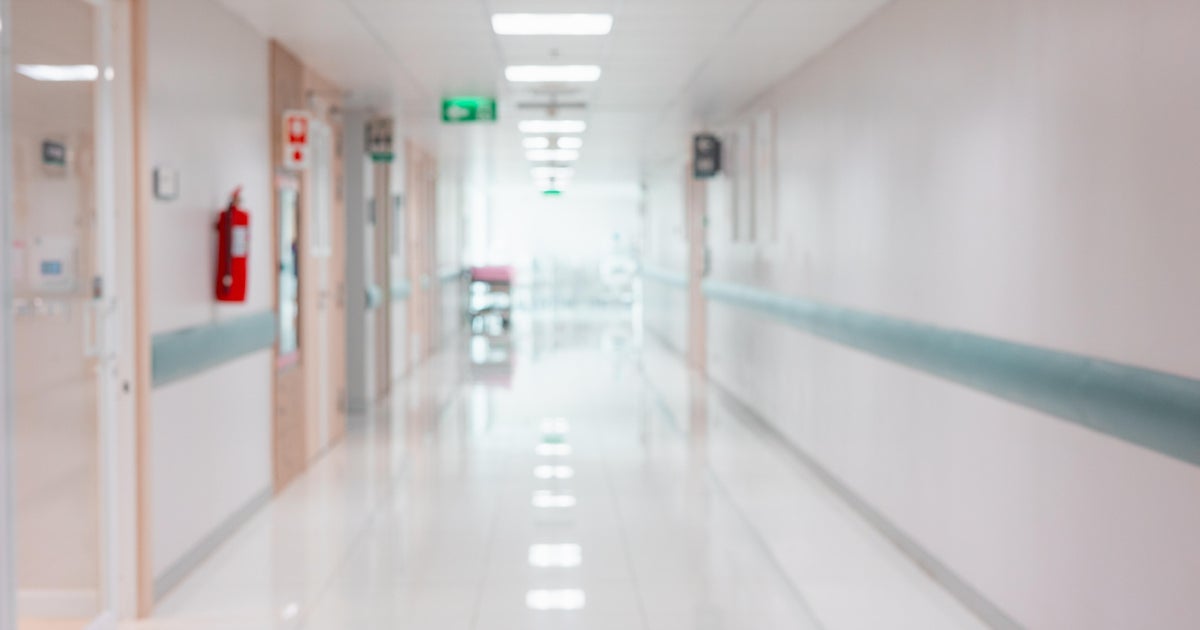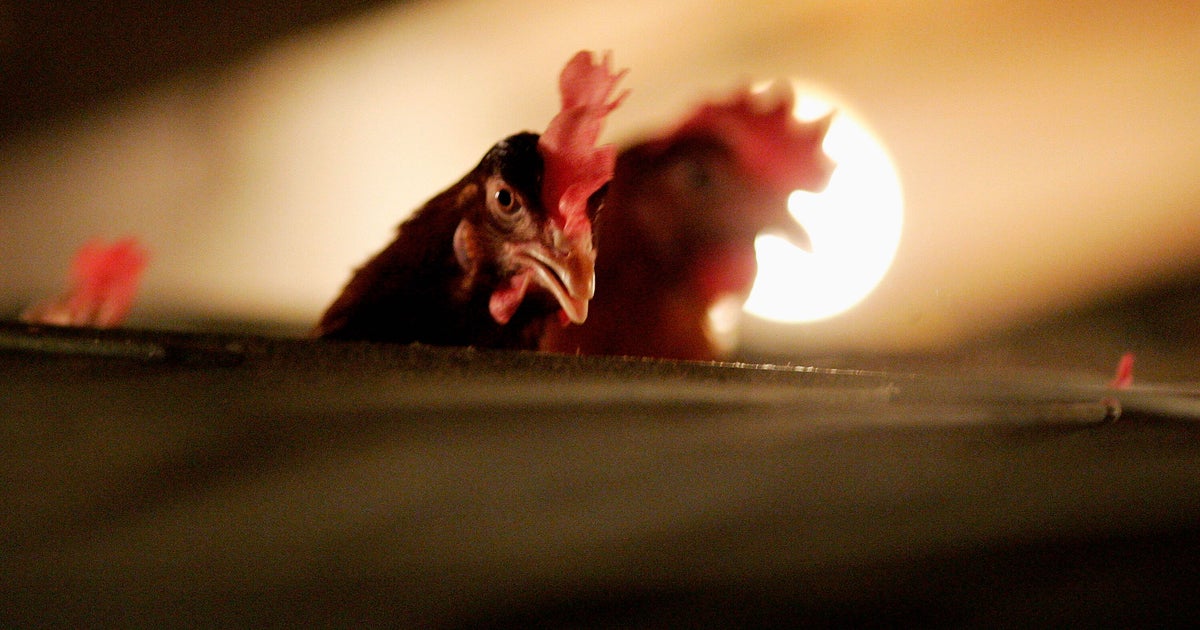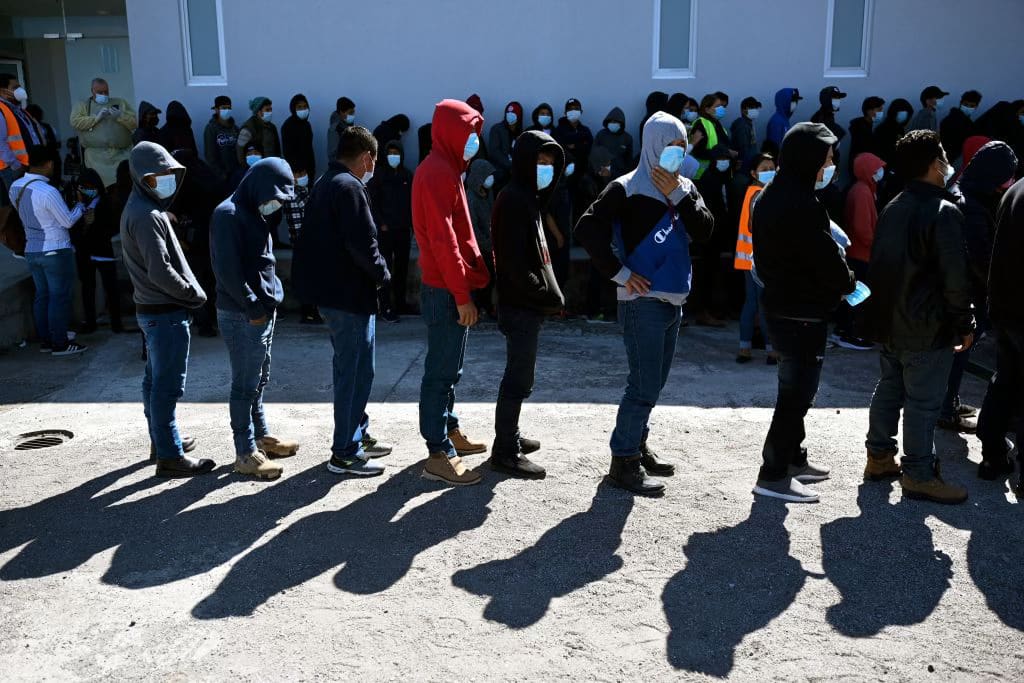Surge in demand for monoclonal antibodies to treat COVID-19 prompts Biden administration to impose new limits
After urging providers for months to ramp up use of monoclonal antibody treatments that could prevent some people with COVID-19 from ending up in the hospital, the Biden administration says a "substantial" surge in demand from a handful of states has forced officials to impose new limits on orders for the drugs.
Seven states — Alabama, Florida, Texas, Mississippi, Tennessee, Georgia, and Louisiana — made up 70% of orders for monoclonal antibodies in recent weeks, according to the spokesperson for the Department of Health and Human Services, which manages supplies of the treatments purchased by the federal government. Overall, orders for the drugs since mid-July have climbed 20-fold.
Of those states, only Florida has fully vaccinated more than half of its total population, according to the Centers for Disease Control and Prevention. The others rank in the bottom 10 states for vaccinations nationwide. All seven rank among the top half of states with the highest rates of daily COVID-19 hospitalizations in recent weeks.
"Given this reality, we must work to ensure our supply of these life-saving therapies remains available for all states and territories, not just some," said the spokesperson. Instead of providers ordering the drugs directly from the federal government's supplier, AmeriSourceBergen, doses of monoclonal antibodies are now being allocated by HHS to state health departments, "based on COVID-19 case burden" and demand for the drugs.
States will be responsible for deciding how to distribute the doses of Regeneron's REGEN-COV and Eli Lilly's combination bamlanavimab and etesevimab to doctors, clinics, and pharmacies within their borders.
But some states claim they were blindsided by the administration's change, and say the new allocations will leave some providers empty-handed in the face of a surge of cases fueled by the highly-contagious Delta variant.
"We're responsible not only for sourcing our sites, which we're happy to do, but any infusion center, any provider, any hospital will have to come through the state," Florida Governor Ron DeSantis said at a press conference Thursday.
"To just spring this on us starting next week, we're going to have to do that. There's going to be a huge disruption and patients are going to suffer as a result of this," the governor said.
A spokesperson for DeSantis, Christina Pushaw, cited emails from federal health officials to the state's health department in recent weeks that she said "did not provide any indication of any upcoming limitation to supply." Pushaw said the state was now projecting a 41,050 deficit in doses of the monoclonal antibody treatments next week, under the federal government's new allocations.
In Texas, state health officials said that the Biden administration had warned them "national supply has considerably decreased.". The state is now working to stand up a system to handle orders for the drugs "as quickly as possible."
"We just don't know what the supply will be over the long term and can't predict what the effect will be," said Douglas Loveday, a spokesperson for the Texas Department of State Health Services.
The Biden administration spokesperson rejected accusations that the move came as a surprise, citing calls last week with state health officials to explain the change.
"This was not just like we flipped the switch and all of a sudden it happened. That's not how this works. It's never worked that way," said the spokesperson.
The new caps on orders also come as the U.S. has struck more deals to boost supplies of the antibody treatments, after demand had initially plummeted amid falling cases earlier this year.
Eli Lilly announced Wednesday that the U.S. government had purchased an additional 388,000 doses of a part of its combination antibody treatment. Regeneron said Tuesday that the federal government had bought 1.4 million more doses of their treatment.
The Food and Drug Administration also moved Thursday to amend its emergency use authorization for Eli Lilly's drug, allowing for it to be used as "post-exposure prophylaxis" in some adults and children at high risk of severe COVID-19 — meaning it could be given as a preventive measure after someone was exposed to the virus, even if they haven't tested positive. Regeneron's monoclonal antibody drug was previously authorized for this use in August.
Federal health officials said they had so far not seen widespread stockpiling or misuse of the drugs. Both the FDA and HHS had urged providers to ensure that the drugs were not being used as a "substitute for vaccination."
However, before returning to the current allocation process — similar to a system the federal government had used to ration monoclonal antibodies to states earlier in the pandemic — the Biden administration had first said earlier this month that it would be "reviewing all orders for alignment with utilization."
But that decision had also frustrated providers, multiple state health officials said, delaying shipments and creating uncertainty for health systems trying to schedule patients in the short window when the drugs can be used before they may need to be hospitalized.
"On Monday morning, one of our hospitals serving as an infusion center alerted us that last week they received only 25 percent of what they ordered and that their order for this week was still under review," said Shareese DeLeaver-Churchill, a spokesperson for Maryland's Governor Larry Hogan.
Hogan said Tuesday he raised the issue on the White House's weekly call with governors, decrying it as "another example of confusing and conflicting guidance coming from the federal government."
"The immediate concern is that while we have more than 30 facilities statewide that offer these treatments, some serve as the only hub in their area so these changes may dramatically affect access to care," said DeLeaver-Churchill.





